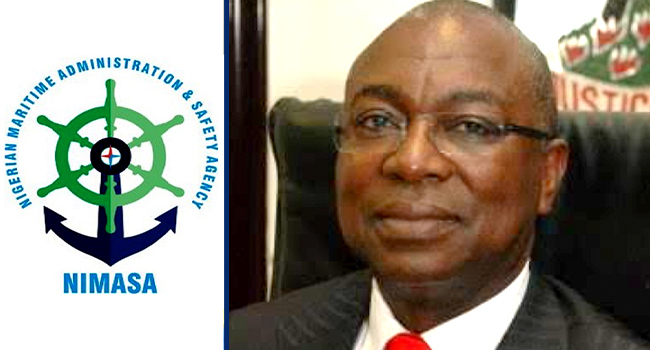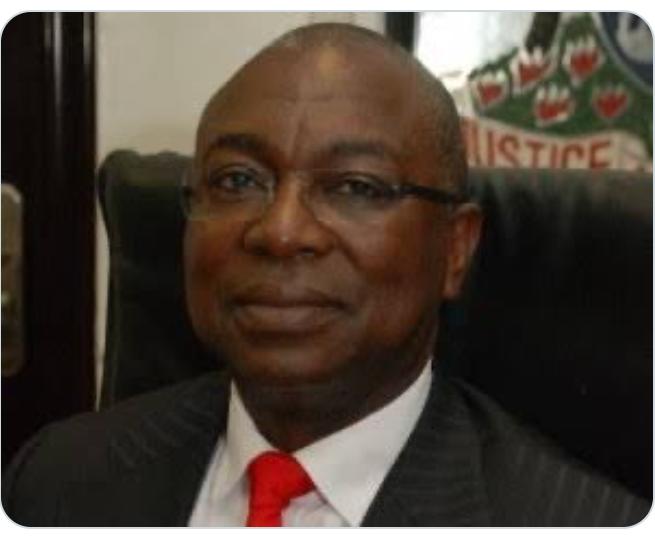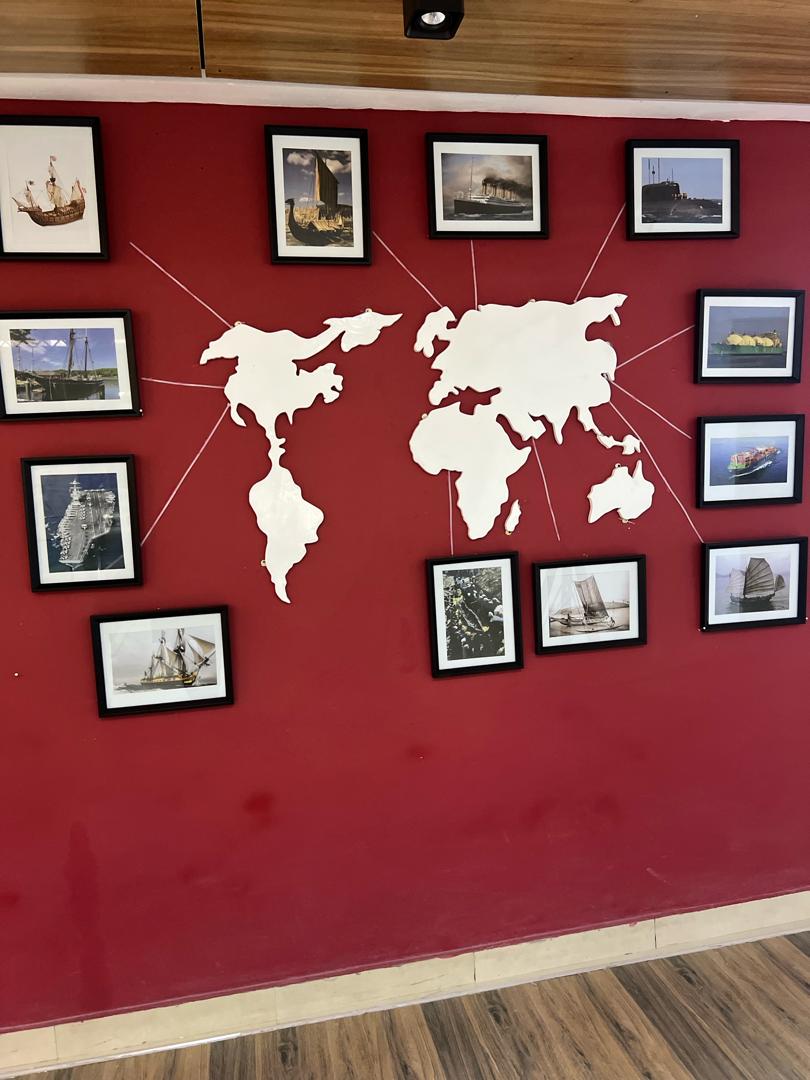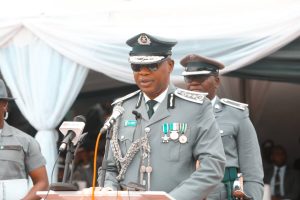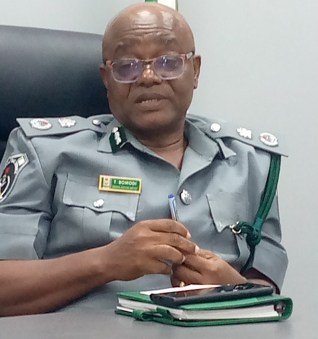Maritime
Finally, Deep Blue Project Set To Takeoff
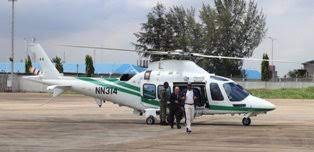

L-R: Minister of State for Petroleum Resources, Chief Timipre Sylva; Director General, Nigerian Maritime Administration and Safety Agency (NIMASA), Dr. Bashir Jamoh; Executive Director, Finance and Administration, NIMASA, Mr. Chudi Offodile; Commander, 631 Aircraft Maintenance Depot, Air Commodore John Laoye; and Commander, 301 Heavy Airlift Group, Air Commodore Patrick Obeya, during receipt of one of the Special Mission Aircraft
All is set for the take off of the long awaited Deep Blue Project, as the Nigerian Maritime Administration and Safety Agency (NIMASA), the driver, Wednesday, received a Special Mission Aircraft, being the last last critical component, required to begin operations.
Addressing journalists at the Nigerian Air Force Base, Murtala Muhammed International Airport, Ikeja, during a brief ceremony to mark the arrival of the aircraft, DG NIMASA , Dr. Bashir Jamoh said the assets would further improve security in Nigerian waters. The Deep Blue Project is an initiative of NIMASA designed to secure Nigerian waters and maritime domain, up to the Gulf of Guinea (GOG).
On ground to receive the aircraft is the DG NIMASA, Jamoh, Minister of State for Petroleum Resources, Chief Timipre Sylva, and NIMASA’s Executive Director, Finance and Administration, Mr. Chudi Offodile.
Jamoh had earlier inspected three Special Mission Helicopters at the Naval Base, Apapa, under the project billed for launch on May 21.
A Special Mission Aircraft was received in Lagos on Wednesday, in the final phase of the delivery and installation of assets under the Deep Blue Project designed to secure Nigerian waters up to the Gulf of Guinea.
Director General of the Nigerian Maritime Administration and Safety Agency (NIMASA), Dr. Bashir Jamoh, received the aircraft, in company with Minister of State for Petroleum Resources, Chief Timipre Sylva, and NIMASA’s Executive Director, Finance and Administration, Mr. Chudi Offodile.
Jamoh explained that the Deep Blue Project has led to a significant reduction in the rate of attacks in the country’s Exclusive Economic Zone (EEZ), and expressed the hope that full stream operation is expected to completely run rout piracy and sea robbery within our coastal waters up to the GOG.
He said, “There has been a drastic decrease in the rate of security breaches in our waters in recent times. This is a clear indication that we are getting it right with the Deep Blue Project.
“The figures we are getting from the International Maritime Bureau (IMB) are encouraging. We ultimately aim to completely eradicate security hindrances to shipping and business generally in the Nigerian maritime domain.”
According to IMB report, there has been a consistent year-on-year drop in the number of attacks on ships in Nigerian waters. Its last quarterly report on piracy and armed robbery against ships indicated only two incidents in Nigerian waters between January and March this year, compared to 11 attacks recorded within the same period 2020.
IMB is a specialised division of the International Chamber of Commerce (ICC), the global focal point in the fight against maritime crimes and malpractices.
Reacting to IMB report, Jamoh said, “These figures are a proof that we can make our waters safe and secure, and we are determined to do so. Today, we are here to receive the final phase of assets under the Deep Blue Project to further boost our capacity to secure our waters up to the Gulf of Guinea.”
The Integrated National Security and Waterways Protection Infrastructure, popularly called the Deep Blue Project, is designed with three categories of platforms to tackle maritime security issues on land, sea, and air.
NIMASA explained that the land assets comprise the Command, Control, Communication, Computer, and Intelligence Centre (C4i) for intelligence gathering and data collection; 16 armoured vehicles for coastal patrol; in addition to about 600 specially trained troops for interdiction, known as Maritime Security Unit.
On air, there are two Special Mission Aircraft for surveillance of the EEZ, one of which has just been delivered, even as the second one is expected to arrive May 18. The aerial assets consist of three Special Mission Helicopters for search and rescue; and four Unmanned Aerial Vehicles.
On the other hand, the sea assets consist of two Special Mission Vessels and 17 Fast Interceptor Boats. Jamoh had earlier inspected three Special Mission Helicopters at the Naval Base, Apapa, under the project billed for launch later this month, May 21, 2021.



